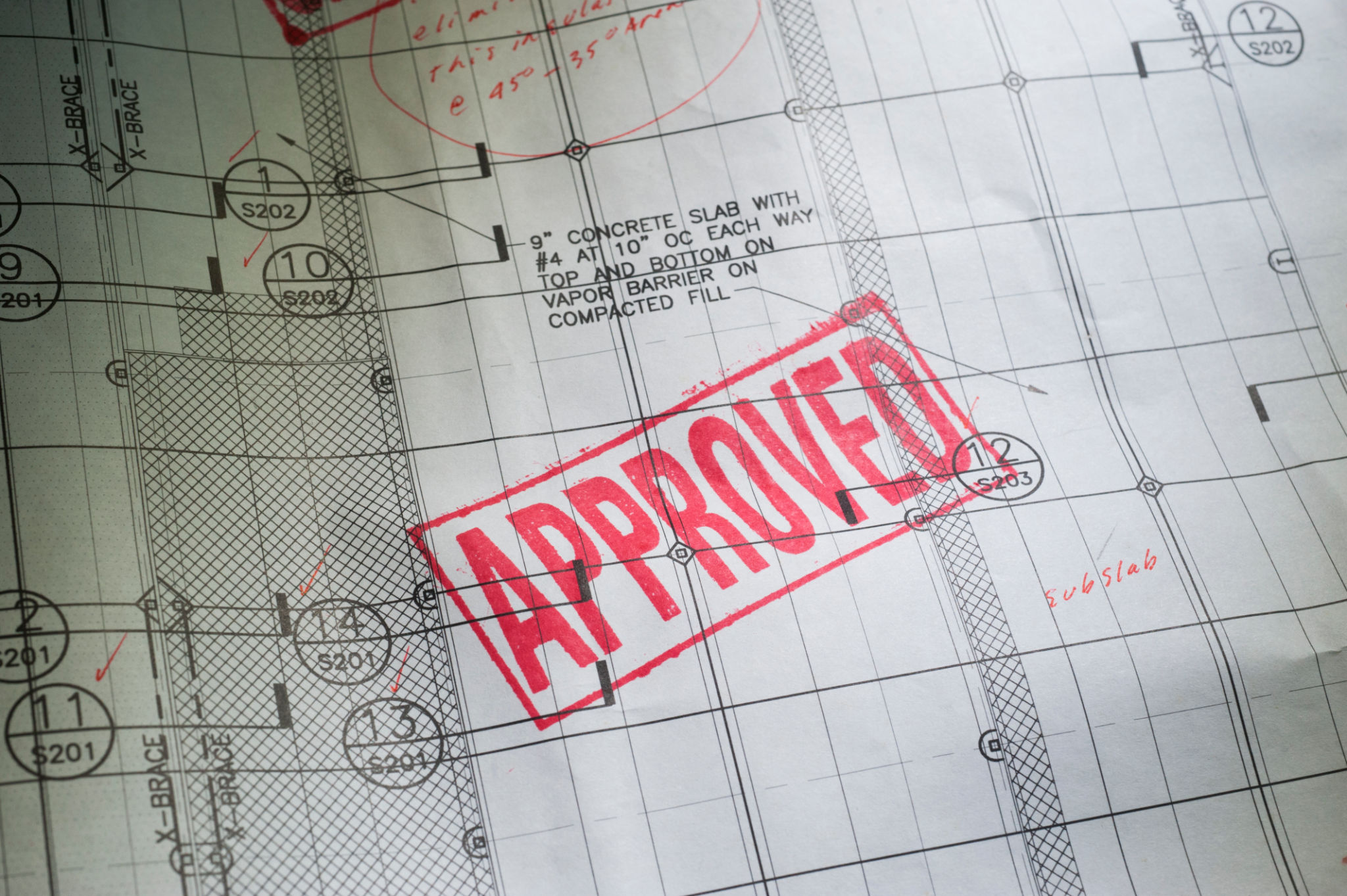Navigating Construction Regulations in Florida: What You Need to Know
Es
Understanding Florida's Construction Regulations
In Florida, the construction industry is governed by a complex set of regulations designed to ensure safety, quality, and environmental protection. Whether you're a seasoned contractor or new to the field, understanding these regulations is crucial for successful project execution. Navigating through this framework requires familiarity with state laws, local codes, and industry standards.

Key Regulatory Bodies
Several key bodies oversee construction regulations in Florida. The Florida Building Commission is instrumental in developing the Florida Building Code, a comprehensive set of codes that cover all aspects of construction and design. Additionally, the Department of Business and Professional Regulation (DBPR) is responsible for licensing and regulation of contractors. Staying compliant with these bodies is essential to avoid legal issues and project delays.
Local municipalities may also have unique codes and requirements. It's important to check with local authorities to understand any additional regulations that may apply to your project location. This ensures that your project not only meets state standards but also aligns with local expectations.
Licensing and Permits
Obtaining the proper licenses and permits is a fundamental step in any construction project. In Florida, contractors must be licensed by the DBPR. There are different types of licenses depending on the scope of your work, such as general, building, or residential contractor licenses. Failing to secure the appropriate license can result in heavy fines and project shutdowns.

Similarly, permits play a crucial role in legalizing your construction activities. Each project requires specific permits that cover various aspects such as zoning, electrical work, and plumbing. It's advisable to consult with local building departments to understand the required permits for your specific project, ensuring a smooth approval process.
Environmental Considerations
Florida's unique environment demands careful consideration of ecological impacts in construction projects. Regulations are in place to protect wetlands, wildlife habitats, and coastal areas from potential damage. The Department of Environmental Protection (DEP) governs these aspects, ensuring that construction practices do not negatively impact the state's natural resources.
Projects near sensitive areas may require additional permits and adherence to specific environmental guidelines. Engaging with environmental consultants can provide valuable insights into sustainable practices and help ensure compliance with state laws.

Safety Standards
Safety is paramount on construction sites, and Florida enforces strict safety standards to protect workers and the public. The Occupational Safety and Health Administration (OSHA) provides guidelines that must be followed to minimize risks associated with construction activities. These include regulations on equipment use, employee training, and emergency preparedness.
Implementing a robust safety plan not only complies with regulations but also enhances productivity and morale on-site. Regular safety audits and training sessions can help maintain a safe working environment throughout the construction process.
Staying Informed
The construction regulatory landscape in Florida is dynamic, with changes and updates occurring regularly. Staying informed about new regulations and amendments is essential for ongoing compliance. Subscribing to industry newsletters, attending seminars, and participating in professional organizations can provide valuable updates and networking opportunities.
Ultimately, understanding and adhering to Florida's construction regulations is a critical aspect of successful project management. By keeping informed and proactive, you can navigate these regulations effectively and achieve your construction goals smoothly.